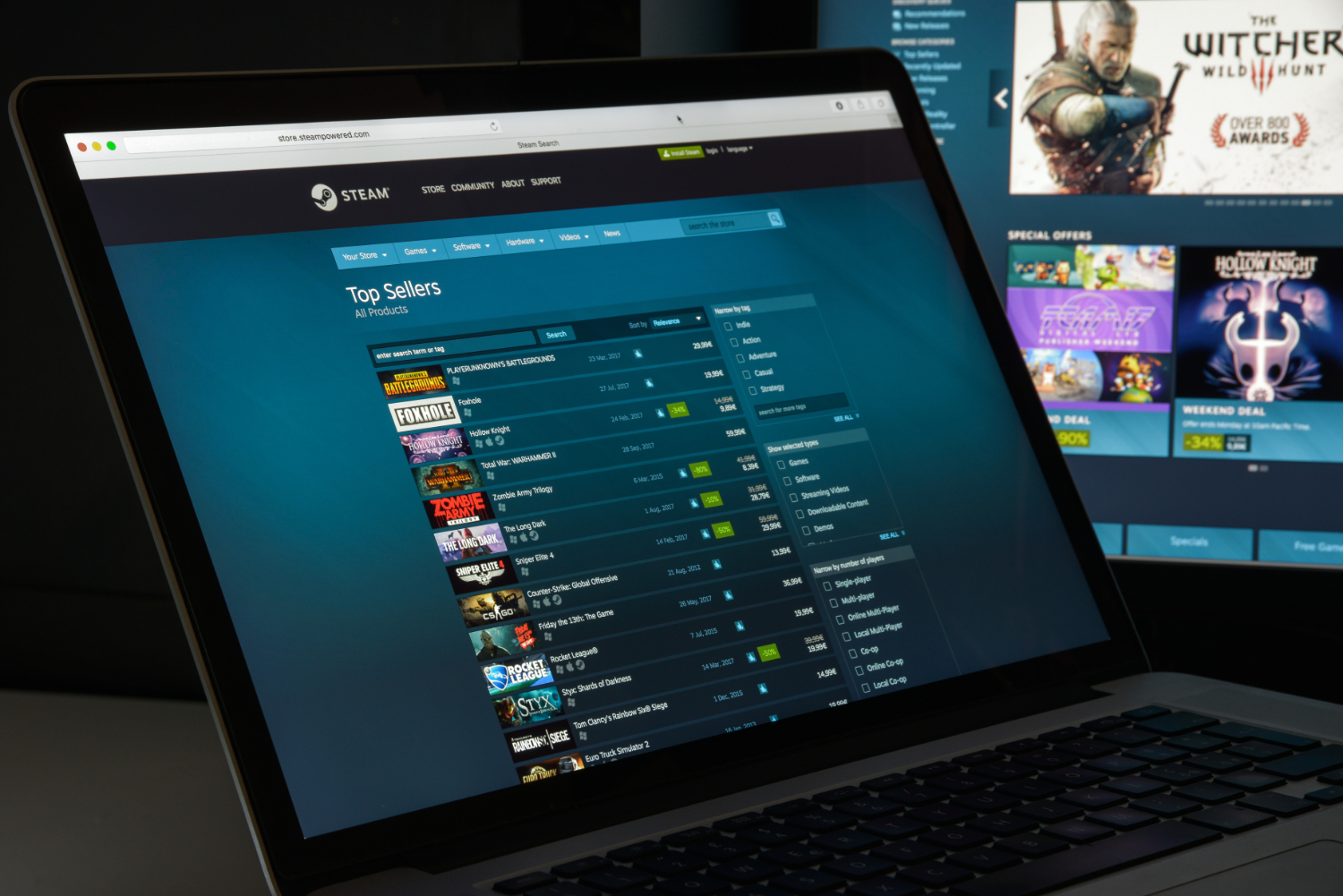Devs Can Game Steam's List of 'Popular Upcoming' Titles
It would be next to impossible for most people to keep up with upcoming game releases. Between AAA studios, indie developers, and everything in between, there are simply too many titles to track. That makes getting featured on a platform like Steam important, and it turns out there's an easy way for developers to cheat the system so their games appear on Steam's "Popular Upcoming" list.
That list is supposed to do exactly what it says: give people an easy way to find games that are coming out soon and have attracted lots of attention. But game developer Mike Rose revealed on Twitter that the Popular Upcoming list uses a back-end release date that can differ from the date shown on a title's Steam page. Changing this date can help get a game on this list. PCGamesN first reported on the tweets.
"Here's the thing: You can set any date for your game's release in the Steam backend, and it means nothing," Rose explained in one of his tweets about the issue. "You can set a date, and let it go by. Then you can set another date, and let it go by again. Setting this date has no meaning -- except for appearing in the Upcoming list."
Developers can use this otherwise useless date to make sure their game appears on Steam's front page, then, without consequence. Rose said it's also easy to set that date and then forget to change it when a game is all-but-inevitably delayed.
There's some hope to be found, however, thanks to a response to Rose from Steam Business' Tom Giardino. "You have great timing," Giardino said in a tweet. "This was a big topic of discussion yesterday, and it frustrates us for the same reasons it frustrates you. But it's also super important that devs get to control their own release timing so we don't want to mess with that."
Giardino said in a followup that it was hard to talk about works in progress because he's "very wary of making promises or setting incorrect expectations." Still, he said that Valve is "trying to fix it in a way that makes Upcoming Releases more valuable without hurting games that wish to shift their release date," because the company does care about how Steam decides what titles to feature.
As it should: being featured on Steam can mean the difference between wasting years of work on a game that didn't get the right promotion and actually seeing a return on that investment. It's not an enviable position to be in--except for the part where Valve makes money no matter what games are popular--but at least it seems like the company's thinking about how to solve this.
Get Tom's Hardware's best news and in-depth reviews, straight to your inbox.

Nathaniel Mott is a freelance news and features writer for Tom's Hardware US, covering breaking news, security, and the silliest aspects of the tech industry.
